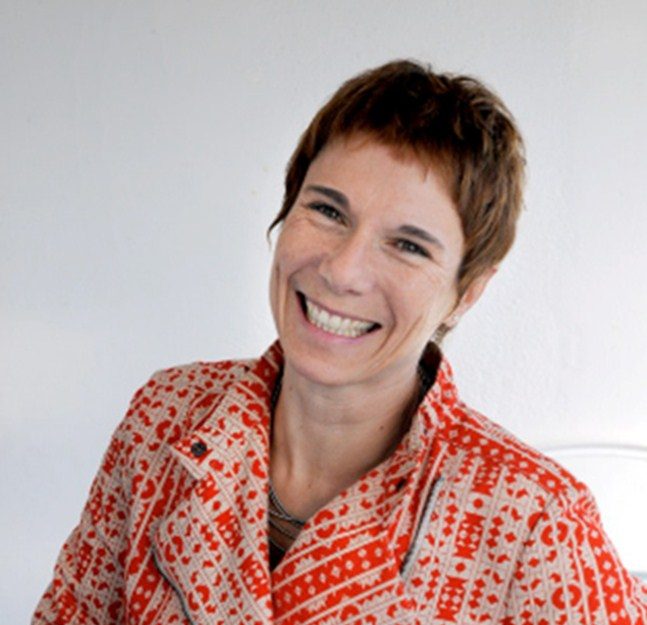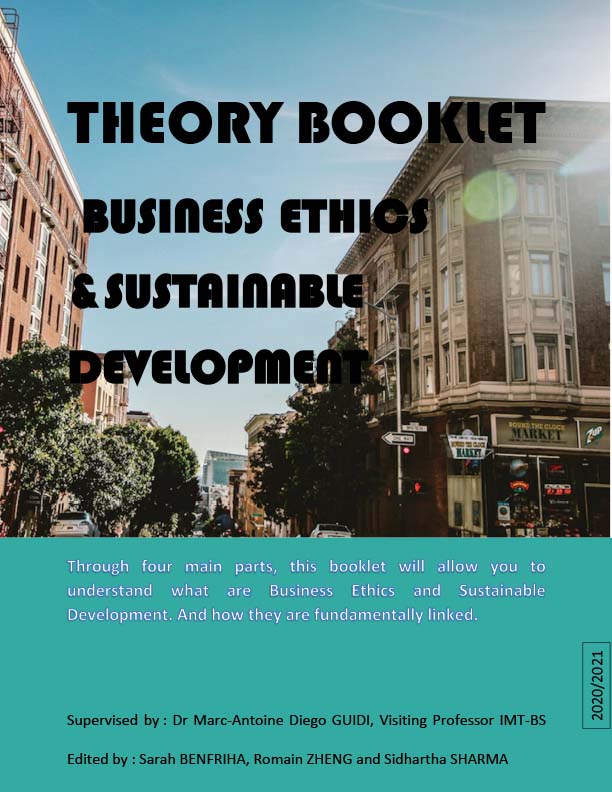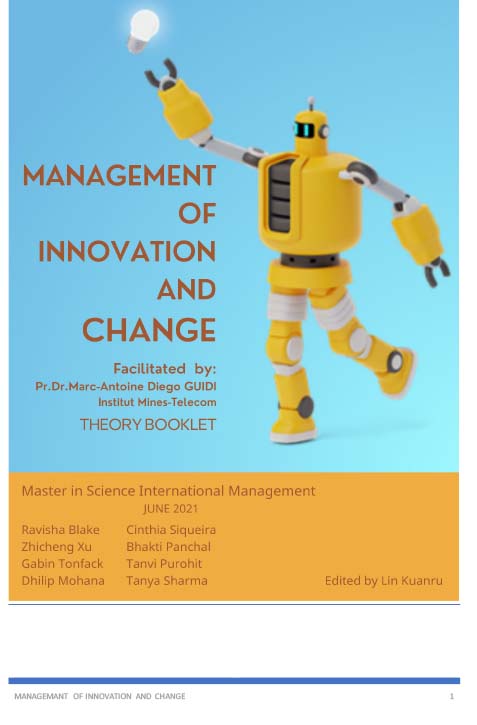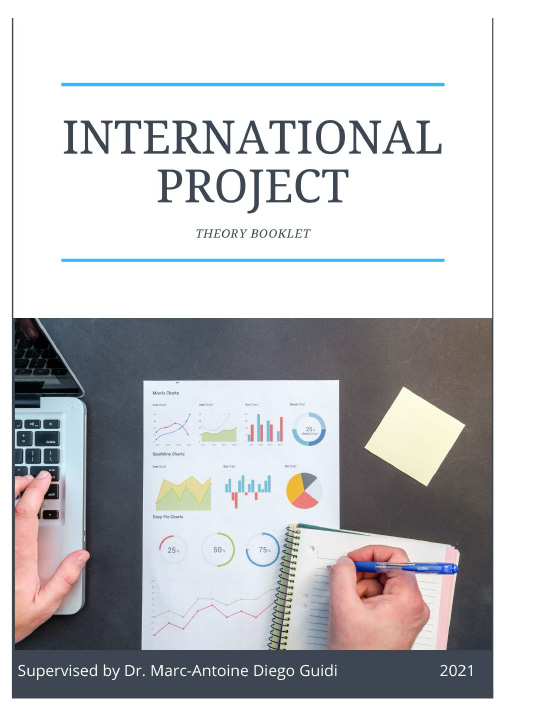15 years of courses/workshops experiences in Executive Trainings in various prestigious universities around the world (in India: IIT Madras, Amrita School of Business, Nirma University, in Spain: EOI Madrid, and in France in Paris: Institut des Mines, ESSEC, ESCP, Executive MBA Paris with an alternative and collaborative learning methodology.
Customized courses in areas such as: value creation, sustainability, community empowerment, innovation and social entrepreneurshi), as well as numerous managerial programs, creating bridges between the academic, research, corporate, institutional sectors and collaborative economy.
Practical knowledge emerge in various booklets as a result of these workshops at the crossroads of significant managerial theories, practical and concrete tools and replicable examples applicable to your reality.
"Diego's courses were particularly motivating, sharing his field experiences from all over the world, research, implementation of projects that inspired us all."
Comments from students of the Sustainable Development course, NEOMA:
Executive program NEOMA, Sustainable Development part, led by Sybille van den Hove Executive Director of Bridging for Sustainability.

Such contribution with pragmatic life experiences and tools appeared to be pivotal in Executive training.

Booklets

Innovation:
It is derived from the Latin word” innovare “and stands for renewal. From an economic point of view, innovation is something new that brings benefits for an organization and/or society.
Management:
It is a term that is constantly used in companies. It represents the management of a task and the coordination of activities in order to achieve a defined purpose and goals…

A Project is a practice, managed by the work of a team to achieve goals and meet success criteria at a specified time. The primary challenge of a project is to achieve some goals withinthe given constraints. We can easily identify two phases : the definition on the contents : Whatwill be the topic of our project ? What market, what costs, what participants, who are the consumers ? … Then we can work on the feasibility of the project, the way in which the projectworks. Accomplishing these phases and carrying out the project is a complex process and some tools and some way of thinking are indispensable.
represents the management of a task and the coordination of activities in order to achieve a defined purpose and goals…

